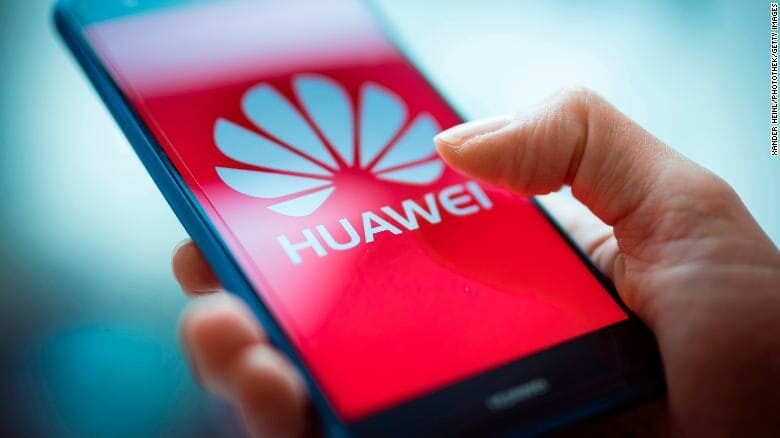Donald Trump Declares Another Emergency, Bans Huawei from U.S. Commerce for Trading With Iran
WASHINGTON, May 15, 2019 – Exactly three months after invoking the National Emergencies Act to fund his wall along the U.S.-Mexico border, President Donald Trump is using emergency powers to enable the Department of Commerce to ban U.S. telecommunications equipment manufacturers from selling chips t
Andrew Feinberg

WASHINGTON, May 15, 2019 – Exactly three months after invoking the National Emergencies Act to fund his wall along the U.S.-Mexico border, President Donald Trump is using emergency powers to enable the Department of Commerce to ban U.S. telecommunications equipment manufacturers from selling chips to the Chinese state-owned equipment manufacturer Huawei.
The administration blamed Huawei’s alleged trade with Iran as a reason for the designation.
The President on Wednesday signed an Executive Order declaring a national emergency with respect to foreign espionage using U.S. communication networks and prohibiting “any acquisition, importation, transfer, installation, dealing in, or use of any information and communications technology or service” in which a foreign government holds an interest.
“The President has made it clear that this administration will do what it takes to keep America safe and prosperous, and to protect America from foreign adversaries who are actively and increasingly creating and exploiting vulnerabilities in information and communications technology infrastructure and services in the United States,” White House Press Secretary Sarah Huckabee Sanders said in a statement.
Shortly after the White House released the new Executive Order, the Commerce Department turned the authority granted it by Trump’s order into action with an announcement that the department’s Bureau of Industry and Security would add Huawei to its “entity list” of banned companies based on “information available to the Department that provides a reasonable basis to conclude that Huawei is engaged in activities that are contrary to U.S. national security or foreign policy interest.”
The Commerce Department statement blamed Huawei for engaging “in activities that are contrary to U.S. national security or foreign policy interest. This information includes the activities alleged in the Department of Justice’s public superseding indictment of Huawei, including alleged violations of the International Emergency Economic Powers Act, conspiracy to violate IEEPA by providing prohibited financial services to Iran, and obstruction of justice in connection with the investigation of those alleged violations of U.S. sanctions.”
“This action by the Commerce Department’s Bureau of Industry and Security, with the support of the President of the United States, places Huawei, a Chinese owned company that is the largest telecommunications equipment producer in the world, on the Entity List. This will prevent American technology from being used by foreign owned entities in ways that potentially undermine U.S. national security or foreign policy interests,” Commerce Secretary Wilbur Ross said in a statement Wednesday.
“President Trump has directed the Commerce Department to be vigilant in its protection of national security activities. Since the beginning of the Administration, the Department has added 190 persons or organizations to the Entity List, as well as instituted five investigations of the effect of imports on national security under Section 232 of the Trade Act of 1962.”
The Commerce Department’s action means that Americans will need a license from the department in order to sell or otherwise transfer technology to Huawei, which can be denied if the transfer would harm American interests.
Inclusion on the Entity List could be a massive blow to Huawei’s bottom line in favor of an American company like Qualcomm, as many mobile phones and other wireless devices require such chips.
The Commerce Department took a similar action with another Chinese manufacturer, ZTE, earlier this year, but rescinded the decision after Chinese President Xi Jinping made a personal request to President Trump to have the company removed from the Entity List.
Federal Communications Commission Chairman Ajit Pai also issued a statement in support of the action, saying that he “applaud[ed] the President for issuing this Executive Order to safeguard the communications supply chain. Given the threats presented by certain foreign companies’ equipment and services, this is a significant step toward securing America’s networks.”









Member discussion